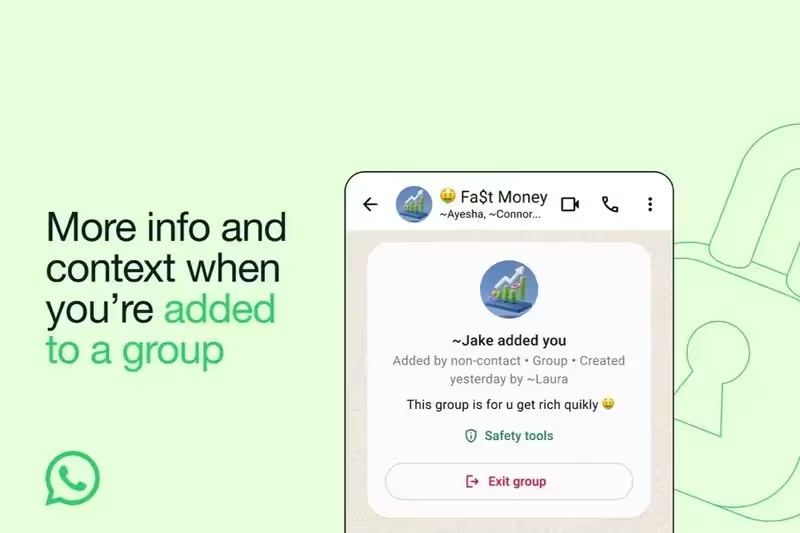3 Minutes
Meta is testing a straightforward — and surprisingly clever — fix for WhatsApp spam: limit how many messages a user or business can send to people who never reply. The idea is simple, but it could make mass-messaging campaigns far less effective.
How the new limit works
Instead of relying on complex filters, WhatsApp will track how many messages you send to unknown contacts that go unanswered. Every sent message that doesn’t receive a reply will count toward a monthly cap. Once you near that cap, the app shows a pop-up warning with the number of messages left, giving senders a chance to pause before they lose the ability to message strangers.
What we still don’t know
- Meta hasn’t disclosed the exact threshold — the company says it’s testing several limits.
- The new rule applies to both personal accounts and businesses that send messages to unknown recipients.
- Testing will begin in multiple countries over the coming weeks, according to Meta.
Will everyday users be affected?
Meta says most regular users shouldn’t hit the limit. The cap is built to target repeat offenders — the profiles that blast hundreds or thousands of numbers hoping for any reply. If you’re messaging friends and family, or replying to ongoing conversations, you’ll likely never notice the change.

How this fits with prior anti-spam moves
This isn’t WhatsApp’s first anti-spam push. Recent features aimed at reducing nuisance messages include context cards to quickly leave groups you were added to, the ability to block messages from unknown users straight from the lock screen, and stricter controls for group invites. The new ghosting limit complements those tools by attacking bulk senders at scale.
Why this could make a real difference
Imagine a spam bot that sends the same unsolicited link to thousands of numbers. If only a small number of those attempts are allowed before the account hits a cap, the economics of large-scale spam change dramatically. It won’t eliminate spam entirely, but it raises the bar and forces abusers to work harder or switch tactics.
For users, the change promises less noise and fewer unwanted messages reaching the inbox. For businesses that use WhatsApp responsibly, Meta assures minimal disruption — but companies that rely on mass outreach without prompting may need to rethink their approach.
Keep an eye out for the in-app pop-up if you’re a frequent sender and watch how testing rolls out internationally over the next few weeks. The tweak is small, but for a platform with billions of users, small policy shifts can have ripple effects.
Source: phonearena


Leave a Comment